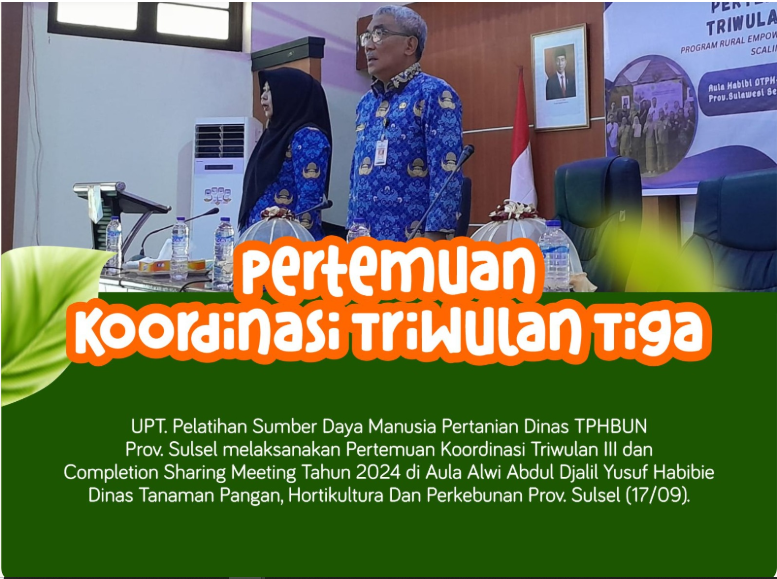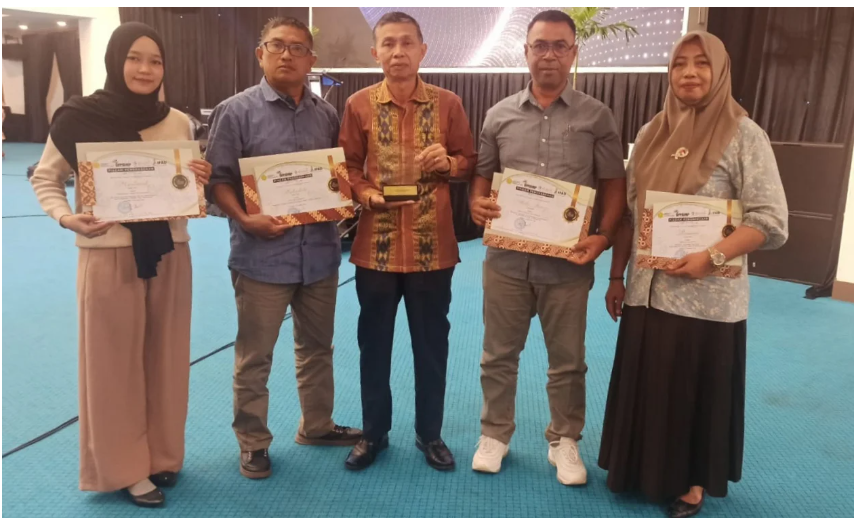Artikel Dan Berita
18 Farmer Groups from North Kolaka Participate in Empowerment Program from the Ministry of Agriculture
03 January 2025

total of 18 farmer groups in North Kolaka Regency are participating in the Rural Empowerment Agriculture Development Scaling up Initiative (READSI) program through the Department of Food Crops and Horticulture to optimize the growth of agricultural food production.
Samsul Ridjal, the Head of the Department of Food Crops and Horticulture in North Kolaka, stated that the READSI program is an initiative from the Ministry of Agriculture aimed at developing farmer groups spread across several districts. The program has been running for five years, starting in 2018, but the mechanism for providing materials and technical guidelines changes every year.
"About 18 farmer groups are part of the READSI program, and the funding comes from grants provided by the central government through the Ministry of Agriculture," said Samsul Ridjal to Zonasultra.Com on Friday (October 15, 2021).
With the READSI program, he acknowledged that several farmer groups have been significantly helped in developing the agricultural sector and boosting the community's economic growth. This has clearly succeeded in stimulating the regional economy.
"These farmer groups are directly guided by extension workers, starting from field schools to maintenance techniques, including the distribution of fertilizers and agricultural tools and machinery (alsistan)," he explained.
Samsul Ridjal hopes that the READSI program can continue so that all farmer groups can be reached, with the hope of strengthening farmers' institutions. The program is also expected to foster the regeneration of farmers, especially among millennials, so they can build self-confidence through the utilization of human resources (HR) in the agricultural sector.
"We hope that the main goal of this program—empowering farmer groups in rural areas—can continue to improve individual and group skills, build self-confidence, and raise the standard of living for farmers," he concluded.


